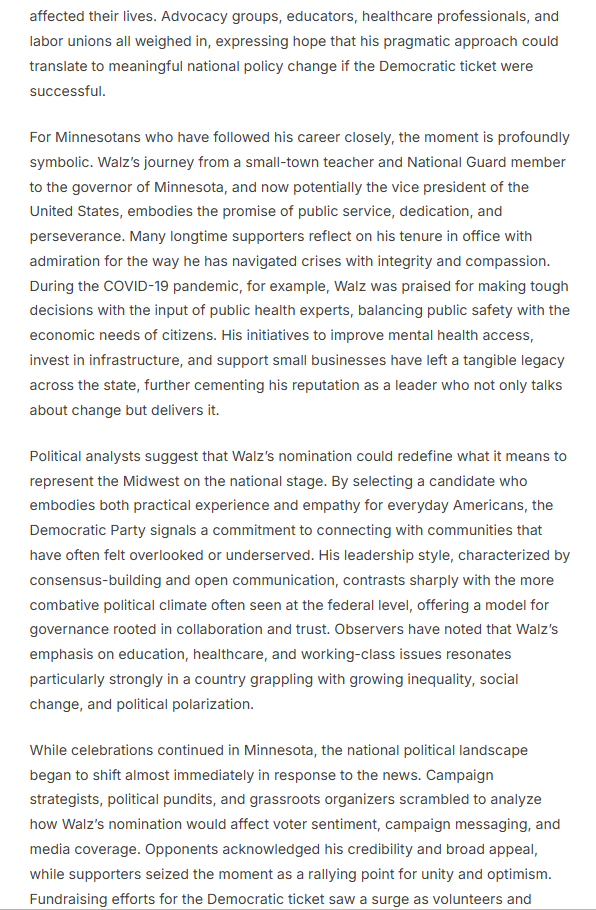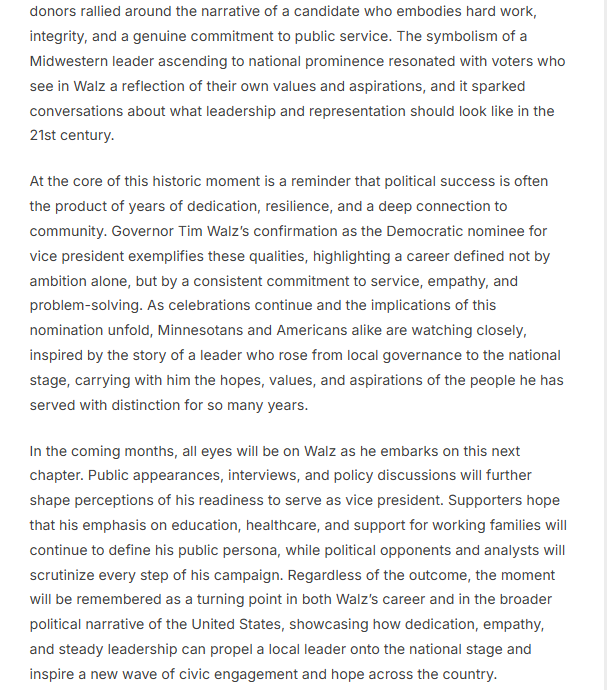In modern life, caffeine has become almost synonymous with productivity. For many people, mornings begin with the aroma of freshly brewed coffee, followed by a mid-afternoon espresso shot to push through the slump. From coffee and tea to energy drinks and pre-workout supplements, caffeine is a trusted ally in our quest for energy and focus.
But what if this daily reliance on caffeine is quietly disrupting your natural balance? While it’s true that caffeine offers short-term alertness and improved concentration, it can also create long-term fluctuations in mood and energy levels. By rethinking your caffeine habits, you can cultivate more stable energy throughout the day—without the crashes, jitters, or emotional rollercoasters.




Understanding How Caffeine Works
Caffeine is a natural stimulant found in coffee beans, tea leaves, cacao pods, and certain nuts and berries. It primarily affects the brain by blocking adenosine, a neurotransmitter responsible for promoting relaxation and sleepiness. When caffeine blocks adenosine receptors, the brain remains alert, and other stimulating chemicals like dopamine and norepinephrine increase.
This chain reaction makes us feel awake and energized. However, the body also adapts to regular caffeine use. Over time, more adenosine receptors are created, meaning you need more caffeine to achieve the same effect. This leads to a cycle of dependence—drink caffeine to feel awake, crash when it wears off, and reach for another cup to get back to baseline.
The Hidden Cost of the Daily Caffeine Habit
Most people focus on caffeine’s immediate benefits, such as improved alertness and concentration. But beneath that quick energy surge, there are hidden consequences that can subtly affect your mood and energy stability.
1. Energy Peaks and Crashes
Caffeine doesn’t create real energy—it temporarily masks fatigue. After the stimulating effects fade, adenosine floods the receptors again, causing a sudden drop in alertness and energy. This crash often appears mid-afternoon, leaving you feeling sluggish and irritable.
2. Increased Anxiety and Restlessness
Caffeine stimulates the central nervous system, raising heart rate and stress hormone levels like cortisol. For some people, especially those sensitive to stimulants, this can trigger anxiety, restlessness, or even panic-like symptoms. Over time, chronic caffeine use can amplify stress reactivity and emotional volatility.
3. Sleep Disruption
Even if you stop drinking caffeine early in the day, it can linger in your system for up to 10 hours. This can delay the onset of sleep or reduce deep sleep quality. Poor sleep, in turn, makes you more dependent on caffeine the next day—a self-perpetuating loop that erodes both mental clarity and mood stability.
4. Mood Fluctuations
The interplay between caffeine, dopamine, and serotonin can temporarily lift your mood, but it can also lead to irritability when the effects wear off. Over time, the body’s natural neurotransmitter balance can be disrupted, making emotional regulation more difficult.
Signs You May Need to Rethink Your Caffeine Intake
Everyone’s caffeine tolerance is different, but if you notice the following signs, your current routine may be undermining your well-being:
- You feel anxious, jittery, or restless after coffee or energy drinks.
- You rely on caffeine to function every morning.
- You experience afternoon crashes or frequent mood swings.
- Your sleep quality is poor, even when you get enough hours.
- You feel irritable or get headaches when you skip caffeine.
Recognizing these patterns is the first step toward establishing a more balanced relationship with caffeine.
How to Reset Your Relationship with Caffeine
Rethinking caffeine intake doesn’t mean giving it up completely. Instead, the goal is to create a sustainable routine that supports steady energy and emotional balance throughout the day. Here are practical steps to help you regain control.
1. Track Your Intake and Energy Patterns
Start by noting how much caffeine you consume daily and when. Record your energy levels, mood, and sleep quality. You might notice that certain times of day or certain beverages affect you more than others. This awareness is key to making targeted adjustments.
2. Gradually Reduce Caffeine
Abruptly quitting caffeine can cause withdrawal symptoms like headaches, fatigue, irritability, and brain fog. To avoid this, reduce your intake slowly—perhaps by 25% each week. Replace your second or third cup with decaf or herbal alternatives.
3. Optimize Your First Beverage of the Day
Instead of reaching for coffee immediately after waking, wait at least 60–90 minutes. Your body naturally produces cortisol in the morning, which helps you feel alert. Drinking caffeine too early can interfere with this rhythm, leading to dependence and morning grogginess.
4. Experiment with Lower-Caffeine Alternatives
Green tea, matcha, or yerba mate offer moderate caffeine paired with L-theanine—a compound that promotes calm focus without jitters. These beverages provide smoother energy and are easier on the nervous system.
5. Hydrate Before Caffeinating
Caffeine is mildly diuretic, which can contribute to dehydration—a common cause of fatigue. Drinking a glass of water before your coffee can prevent dehydration and reduce the urge to overconsume caffeine.
6. Eat Balanced Meals
Caffeine on an empty stomach can cause spikes in adrenaline and cortisol. A breakfast with complex carbohydrates, healthy fats, and protein provides a more stable energy base. It also prevents caffeine from hitting your system too quickly.
7. Prioritize Sleep Quality
No amount of caffeine can substitute for restful sleep. Aim for consistent sleep and wake times, limit screen exposure at night, and create a relaxing bedtime routine. Improved sleep naturally enhances your energy, making caffeine less necessary.
8. Use Caffeine Strategically
Rather than drinking caffeine habitually, use it intentionally. For example, have a small amount before an important meeting, workout, or study session. Strategic consumption can maximize benefits while minimizing side effects.
What Happens When You Cut Back
Within a few days of reducing caffeine, you may feel temporary withdrawal symptoms. This is your body recalibrating. After about two weeks, most people report steadier energy, clearer thinking, and improved sleep.
Your mood may become more consistent because your nervous system is no longer oscillating between stimulation and fatigue. Many people also notice that natural energy returns—without the artificial highs and lows.
Building Sustainable Energy Without Relying on Caffeine
Once you’ve rebalanced your caffeine intake, you can further enhance your natural vitality through other lifestyle strategies:
1. Balanced Nutrition
Include foods rich in magnesium, B vitamins, and omega-3 fatty acids. These nutrients support energy metabolism and brain health.
2. Regular Physical Activity
Exercise increases blood flow, oxygenation, and endorphin levels, leading to sustained energy and improved mood. Even short walks can reduce fatigue more effectively than another cup of coffee.
3. Mindful Breathing and Stress Management
Chronic stress drains energy faster than almost anything else. Practicing deep breathing, meditation, or yoga can stabilize your nervous system and reduce the need for stimulants.
4. Natural Light Exposure
Getting sunlight in the morning helps regulate your circadian rhythm and cortisol levels, leading to better energy distribution throughout the day.
A More Conscious Relationship with Caffeine
Caffeine isn’t the enemy—it’s a powerful tool. The key is to use it consciously, not compulsively. When you understand how it affects your body and mind, you can make choices that support both productivity and emotional balance.
Imagine waking up refreshed, moving through your day with consistent focus, and sleeping soundly at night—all without feeling chained to your coffee cup. That kind of stability isn’t just possible; it’s the natural rhythm your body is designed for.
By rethinking your caffeine intake, you can align your habits with that rhythm—and rediscover what genuine, sustainable energy feels like.



